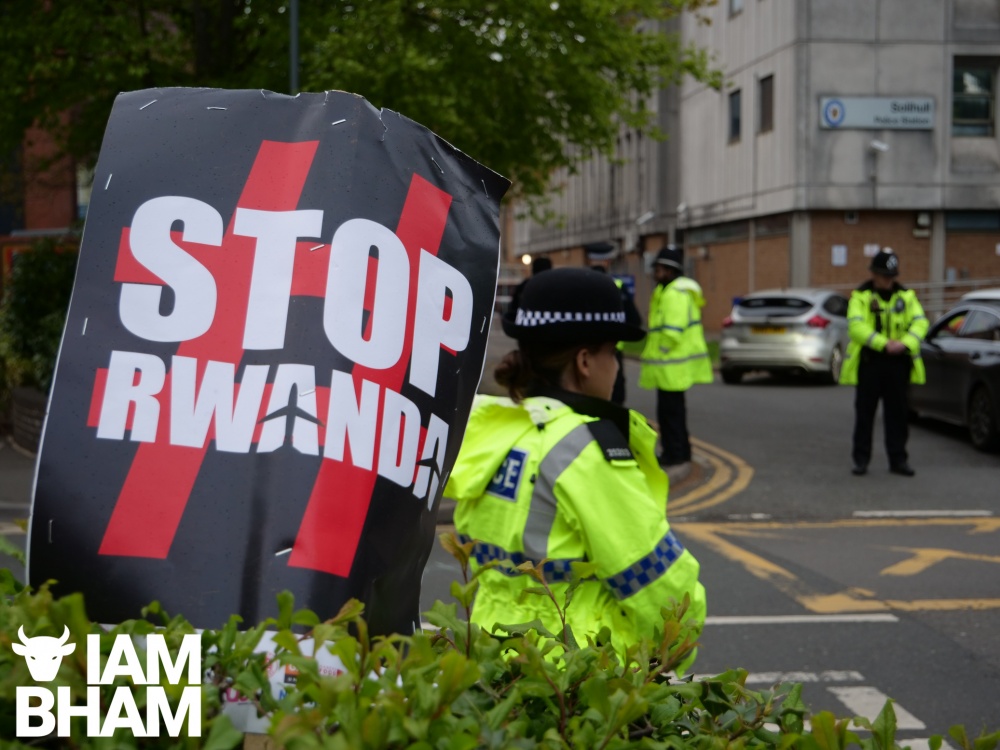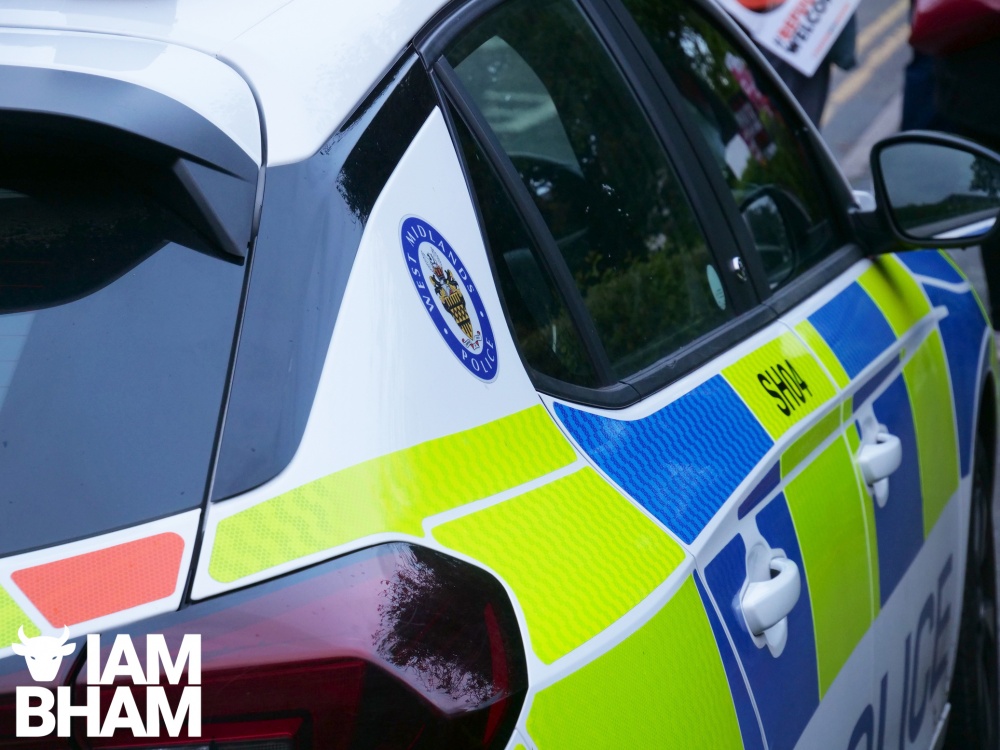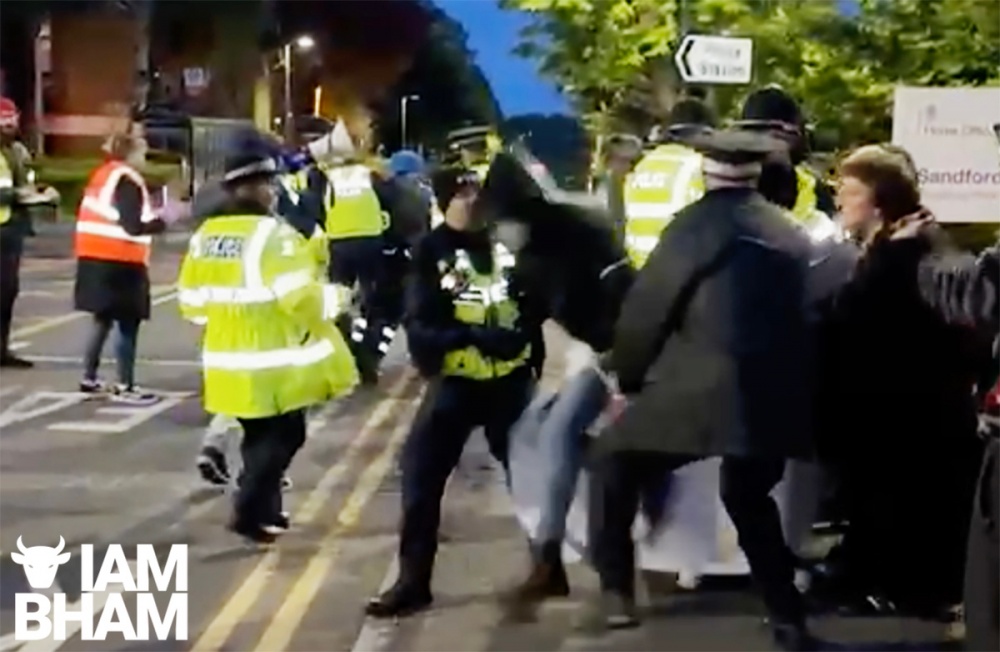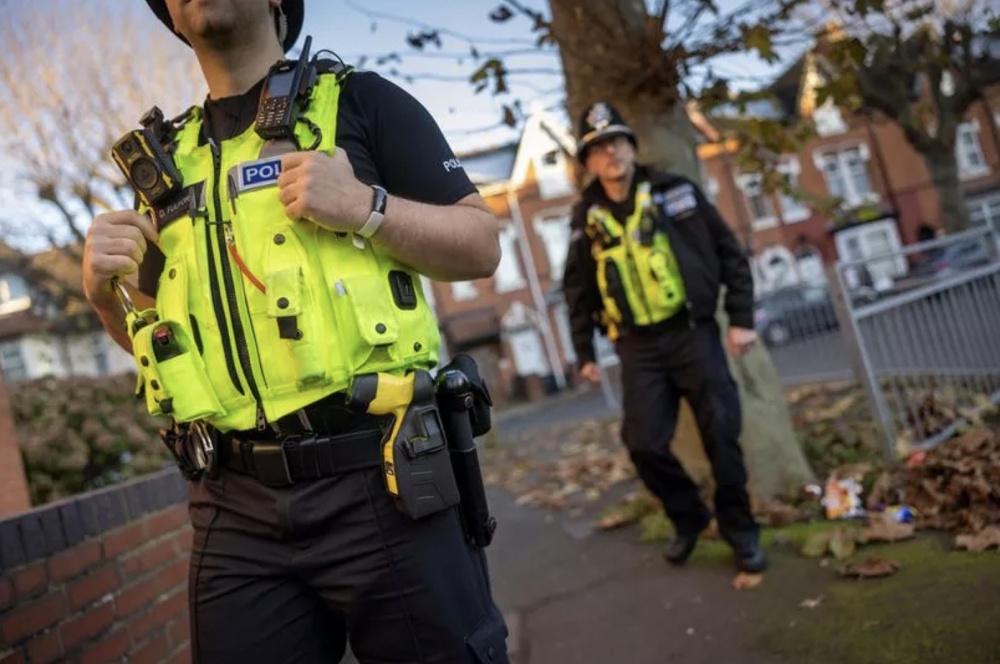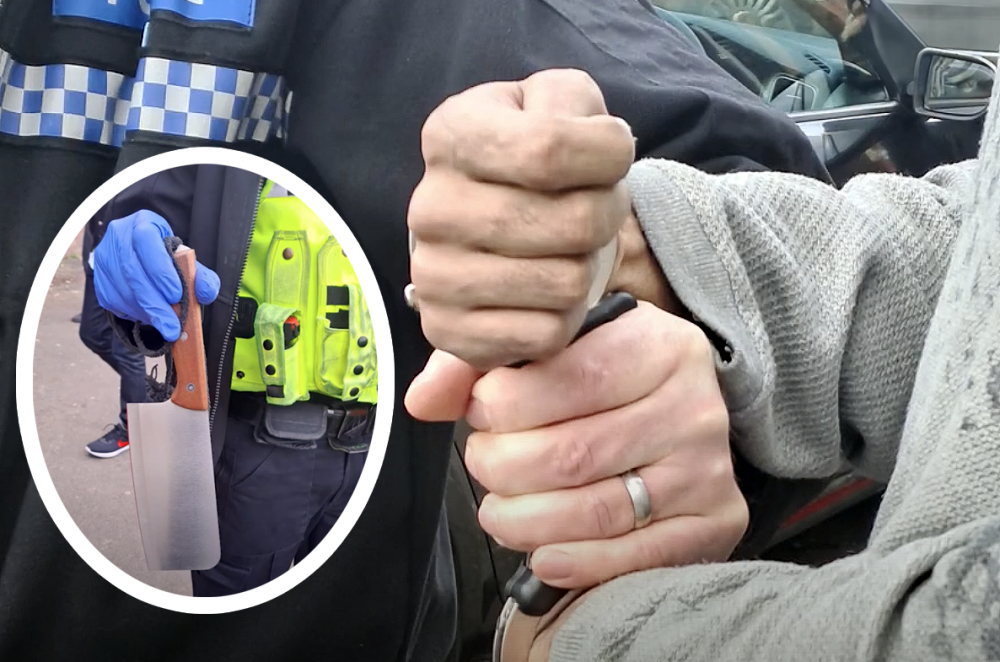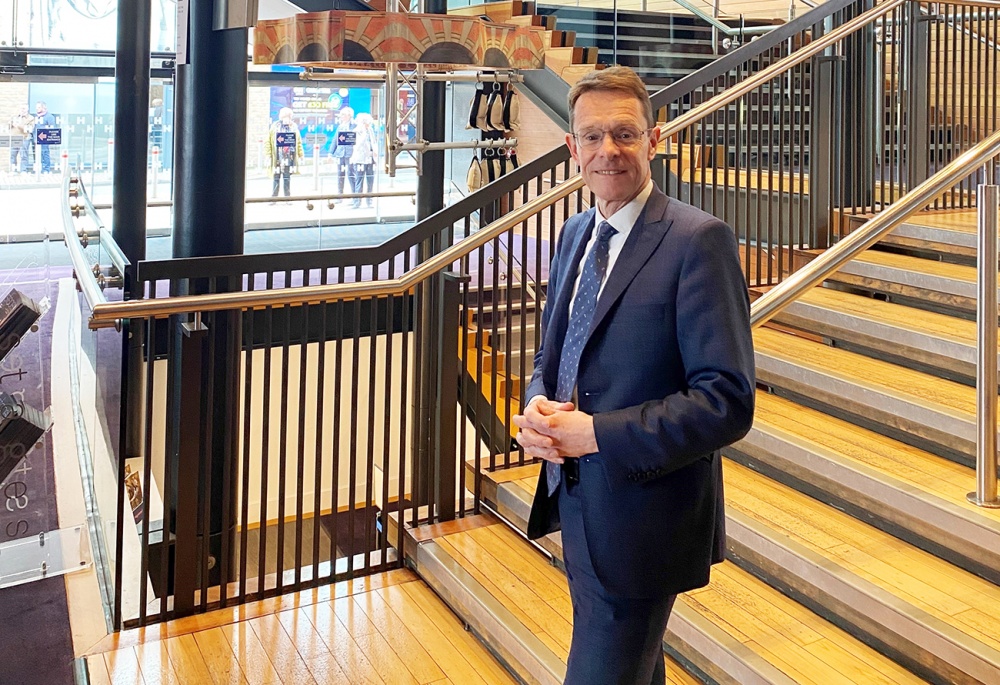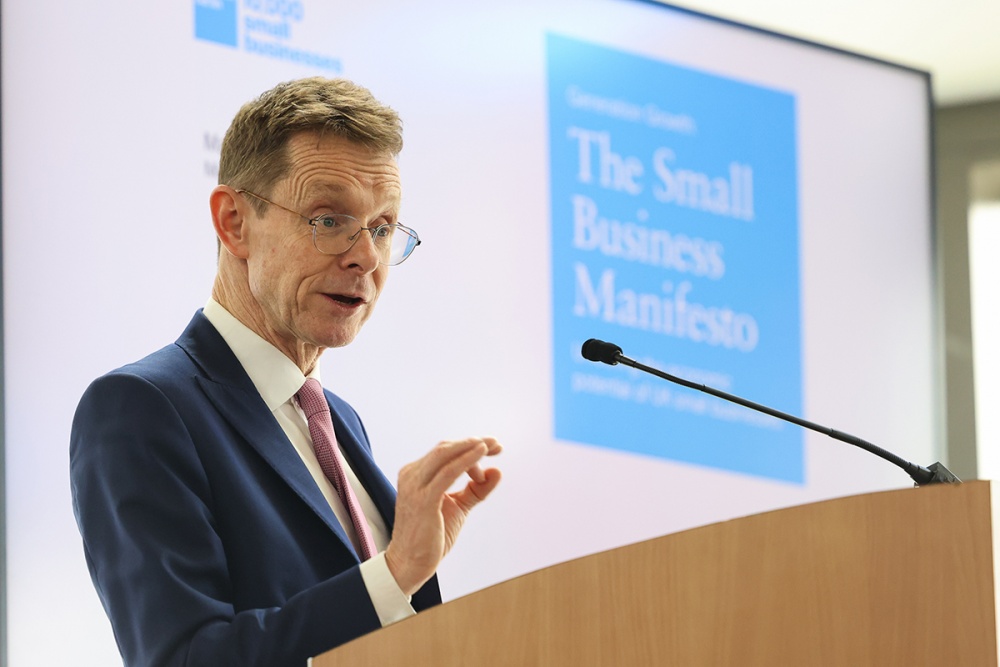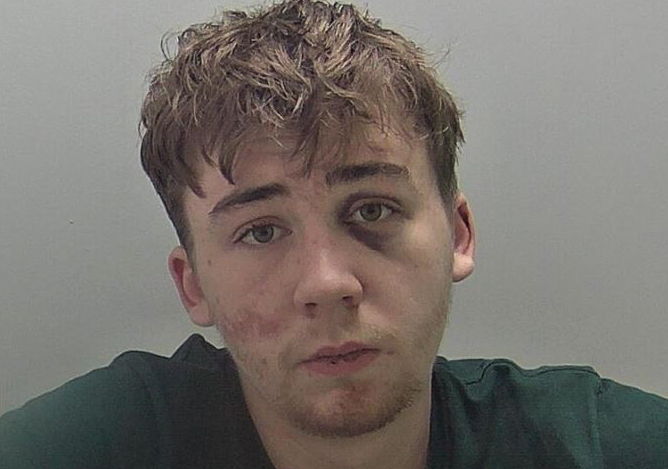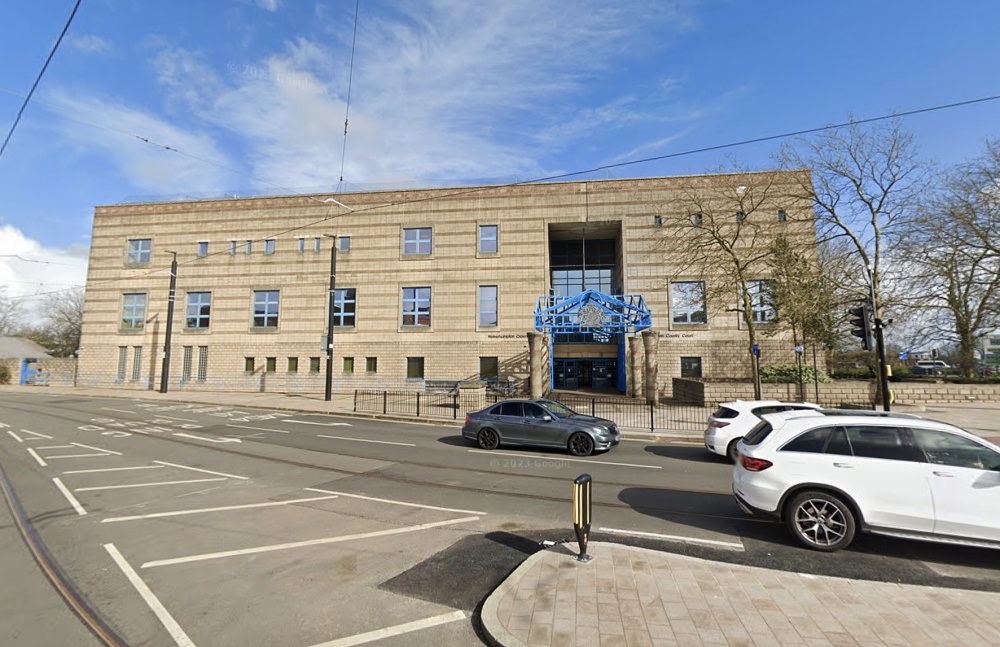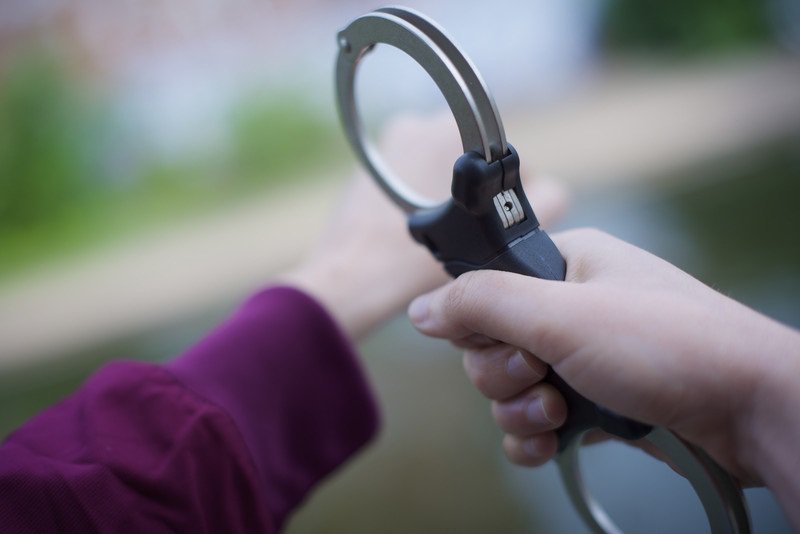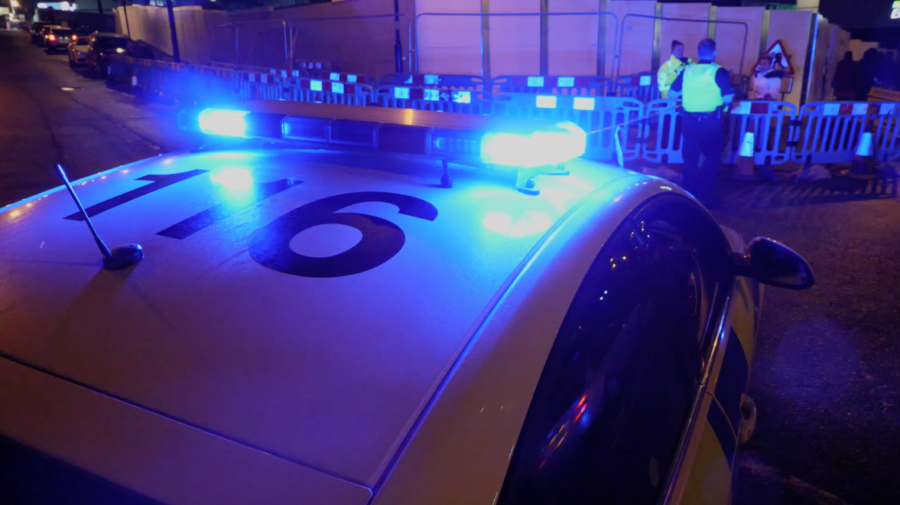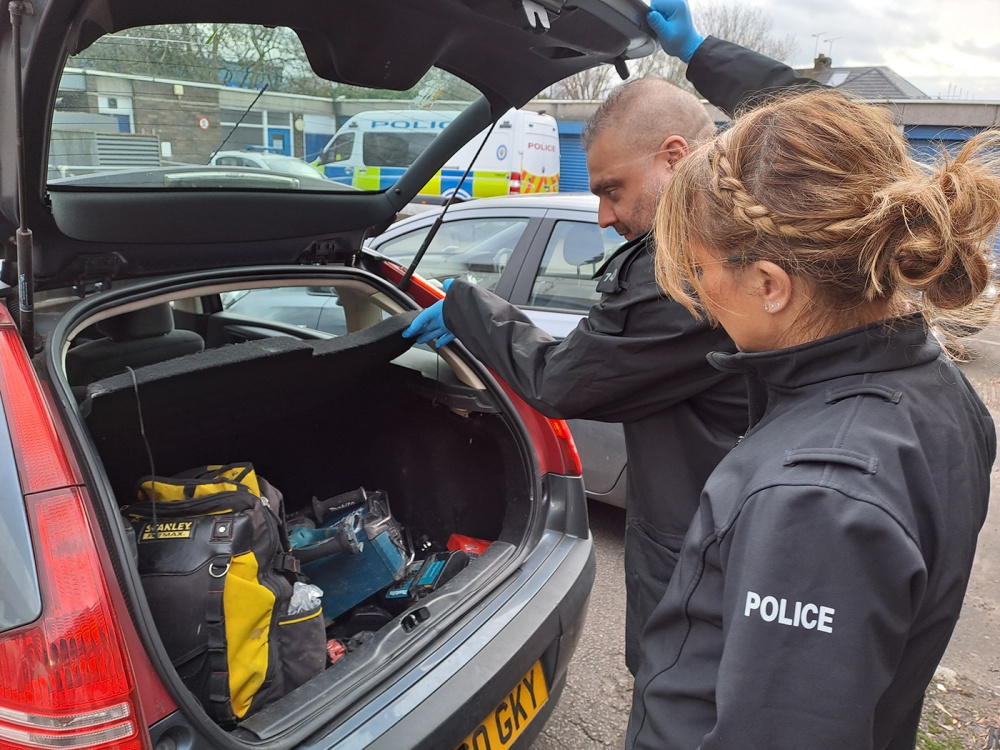Birmingham coronavirus lockdown restrictions increased as infection rate rises
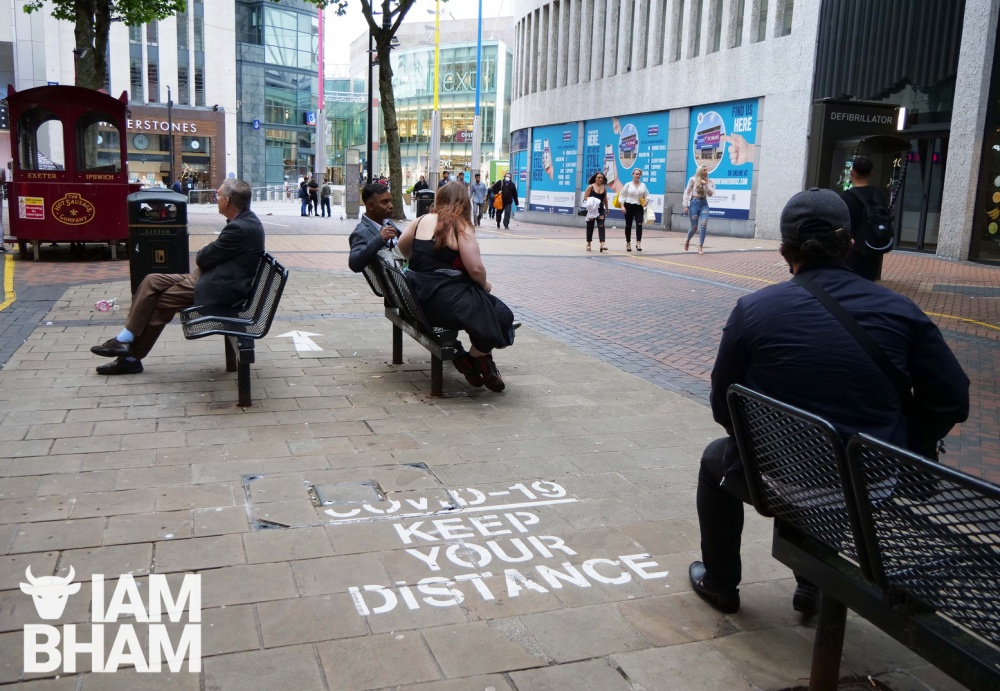
Birmingham households have been banned from mixing in new lockdown measures announced to push down the coronavirus rate of infection in the city.
Council leaders have said the restrictions will begin on Tuesday, after it was revealed the city now has the second highest rate of COVID-19 infections in England.
The special measures also cover neighbouring Sandwell and Solihull, affecting more than 1.6 million people across the region.
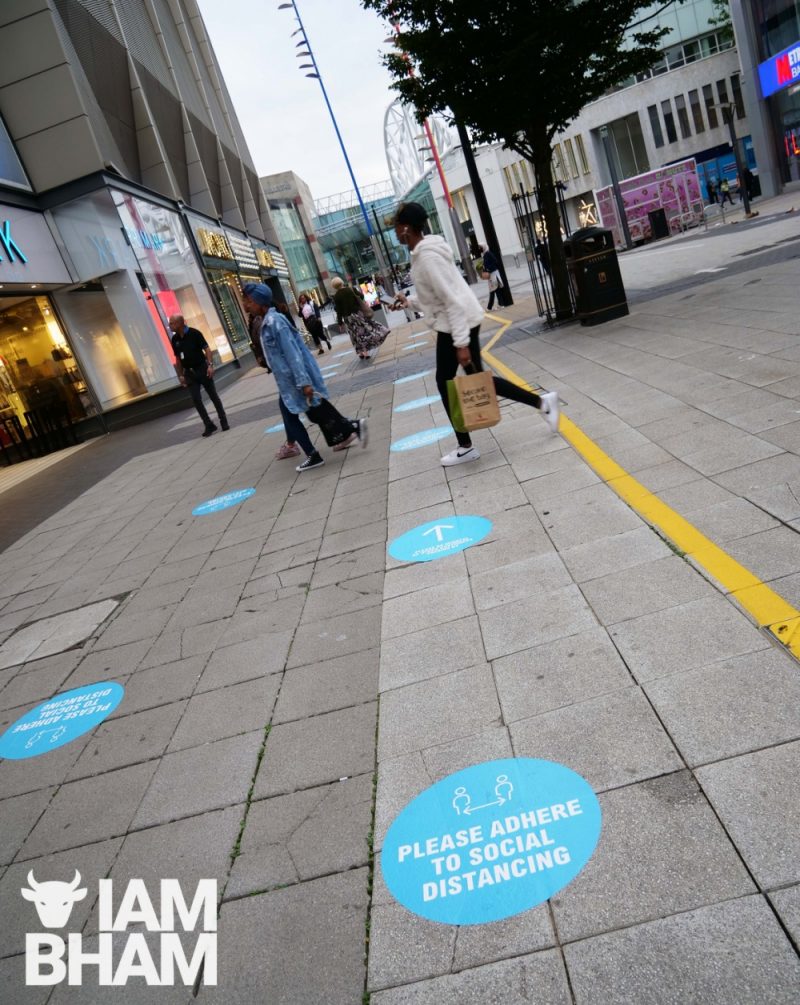 Adam Yosef
Adam Yosef Announcing the new restrictions today, a statement from Birmingham City Council reads:
“From Tuesday 15 September, Birmingham residents will not be able to mix with any other households, indoors or in private gardens, except for those in a support bubble. This applies both inside and outside the city boundaries.”
The rate of infection has increased to 75 per 100,000 compared to 30.1 per 100,000 for the period between the 8 to 14 August. Only 20 days ago, Birmingham was placed on a national COVID-19 “watch list” following a spike in coronavirus cases. According to council figures, there has been a 105% increase in cases since August 30.
Cllr Ian Ward, leader of Birmingham City Council, said: “I know this is difficult, particularly when we have got used to seeing friends and family, but it is vital we stick to these rules and protect each other given the sudden rise in infection rate.
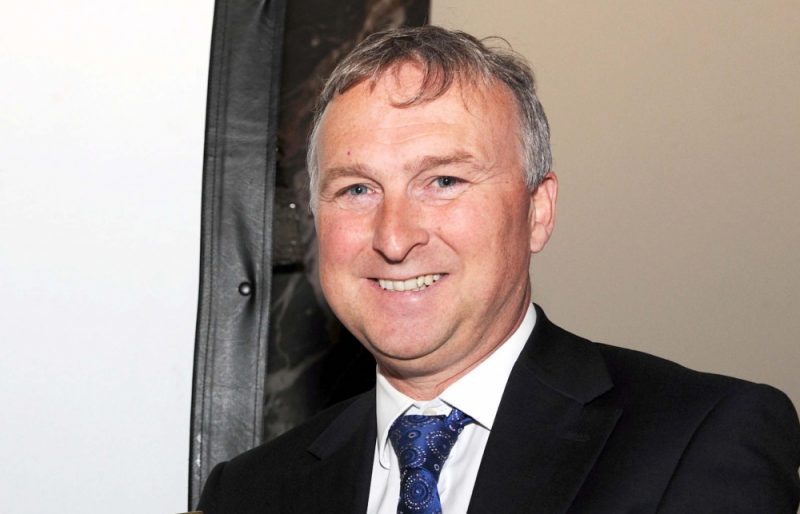 Guy Evans
Guy Evans “If we all follow the rules we will get the infection rate down, but we have to work together on this. The virus has not gone away, it has not weakened, in fact it is relentless and we must be relentless in our efforts to control the spread.
West Midlands mayor Andy Street said the restrictions were not about “prevention of schools, workplaces, transport” but about mixing of households.
“I firmly agree with the Government’s decision to introduce additional restrictions in Birmingham, Sandwell and Solihull.
“This carefully considered decision has been based on the latest data about COVID-19 infections in each part of our region and – crucially – the latest understanding of the causes of transmission. The restrictions being introduced are designed to address the causes of transmission head on.”
Street said it was “vital that we all do our utmost to keep control of this awful virus” to ensure recent containment efforts didn’t go to waste.
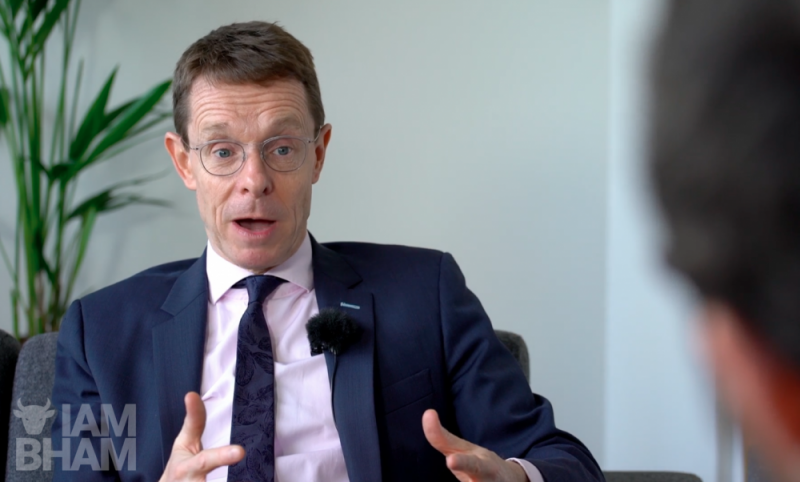 I Am Birmingham
I Am Birmingham “If we step up our fight against this virus in the ways proposed we can continue the gradual return to other aspects of normal life. Children can keep going to school, and more people can return to work safely.
“If we don’t do this now, we risk more loss of life, even stricter measures in future, and more job losses. So whilst not seeing family and friends is tough, we must think of them, our responsibility to them, and to the whole community.”
He emphasised that following the new rules was key to defeating the virus, saving lives, and protecting livelihoods.
“And let’s not forget all the hard work our NHS, emergency services, carers, public health officials and council staff do across the region. They are working tirelessly to win the battle against this virus. So let’s continue to give them our support – by all playing our part.
“That means continuing to wash our hands, wearing face coverings when required and observing social distance from others as well as following the new rules that apply in each area.”
The Birmingham ban will officially come into force on Tuesday (15 September), but Street urged the public to start adhering immediately.
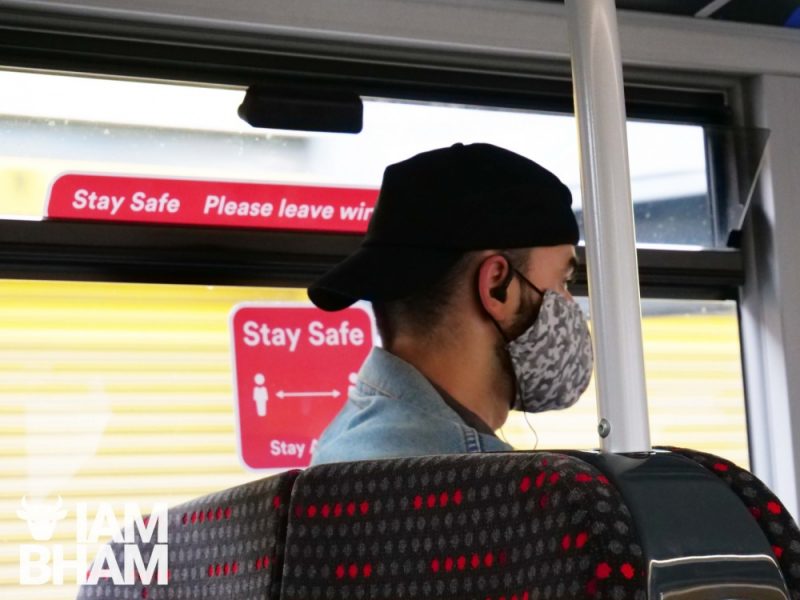 Adam Yosef
Adam Yosef The government’s latest R number is between 1 and 1.2 which means the epidemic is growing again, with household mixing reportedly one of the main drivers of transmission.
A study of thousands of people in England found cases doubling every seven to eight days, with a sharp rise among young people.
On Wednesday, the government announced social gatherings of more than six people would be banned in England from Monday (14 September).
Birmingham’s public health director Dr Justin Varney has previously expressed concern by the “significant” rise in numbers.
“This is not a false alarm – we are on the precipice and if we are not careful we will be back where we were in April and May and lives will be lost.”
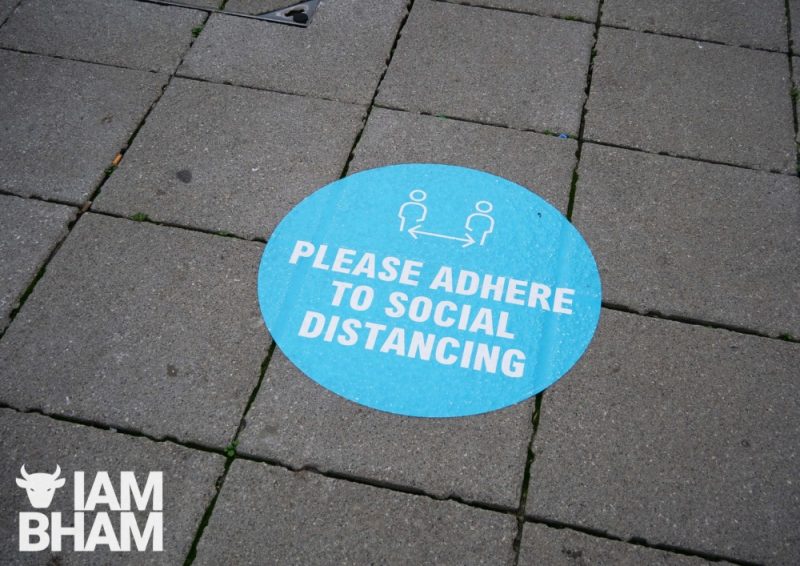 Adam Yosef
Adam Yosef Council leader Ward added:
“I understand that it may be frustrating that you can go to the pub but not see your family, but the data we have shows that the infection rate has risen mainly due to social interactions, particularly private household gatherings.
“In shops and hospitality venues there are strict measures in place to ensure they are COVID-safe, whereas it is much easier to inadvertently pass on the virus in someone’s house where people are more relaxed and less vigilant.
“So people can still go out to shops and to restaurants and other venues that are open, though not with other households, but remember to be vigilant; if a venue doesn’t look safe and you are not asked for your contact details, take your business elsewhere.
He added that people must “continue to wash your hands regularly and wear a face-covering in enclosed spaces and if you feel unwell, get a test.”
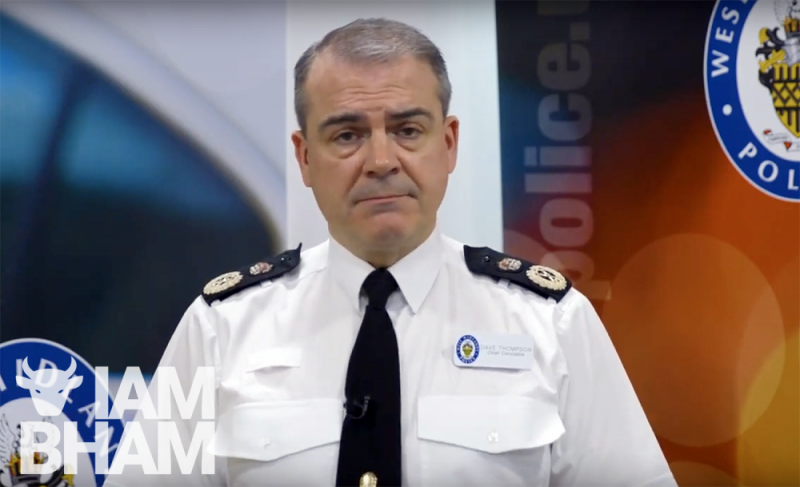 WMP / IAB
WMP / IAB West Midlands Police Chief Constable Dave Thompson has appealed for people across the region to adhere to tighter COVID-19 restrictions imposed in a bid to again stifle the spread of the disease.
“We were just getting used to society opening up more, seeing friends, family, loved ones and getting together – but it’s important we all take responsibility to tackle the spread of COVID-19.
“By all acting responsibly we can reduce the risk of harm to our loved ones and keep our communities safer.”
Thompson stressed that police officers will again aim to educate and encourage compliance with the restrictions and will focus efforts on disrupting flagrant breaches, such as large gatherings or unlicensed music events.
Coronavirus in Birmingham
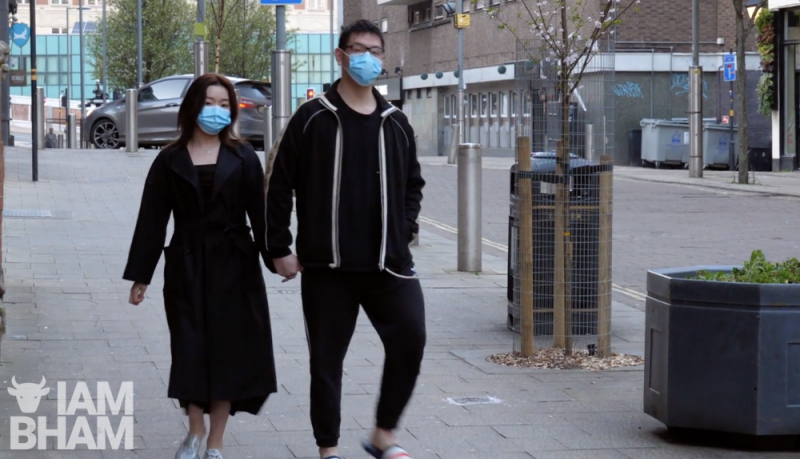 Adam Yosef / IAB
Adam Yosef / IAB Birmingham has the second highest coronavirus infection rate in England after Bolton and Sunderland, with 85.4 cases per 100,000 people as of the week to 7 September. The rate is up by 32 per 100,000 from the previous week.
The government’s local data reveals Birmingham is hosts six of the top 10 neighbourhoods with the highest number of positive coronavirus cases in England.
The Springfield and Hall Green West areas of Birmingham, both in the south east of the city, had the most cases, rising sharply from 11 to 39 in the previous week. The nearby areas of Wake Green East and Moseley Bog had only registered 0-2 in the last month but jumped to 29 in recent days.
Dr David Rosser of University Hospitals Birmingham NHS trust, has said there is “absolutely no scientific evidence” that coronavirus was weakening and warned against complacency in Birmingham.
Social contact restrictions announced:
If you live in the affected area, in order to help prevent the spread of coronavirus you must not:
- Host people you do not live with in your home or garden, unless they’re in your support bubble
meet people you do not live with in their home or garden, whether inside or outside of the affected area, unless they’re in your support bubble - Your household is only the people you live with and any support bubble.
- A support bubble is where a household with one adult joins with another household. Households within a bubble can still visit each other, stay overnight, and visit public places together.
WATCH: Birmingham city centre under coronavirus lockdown







